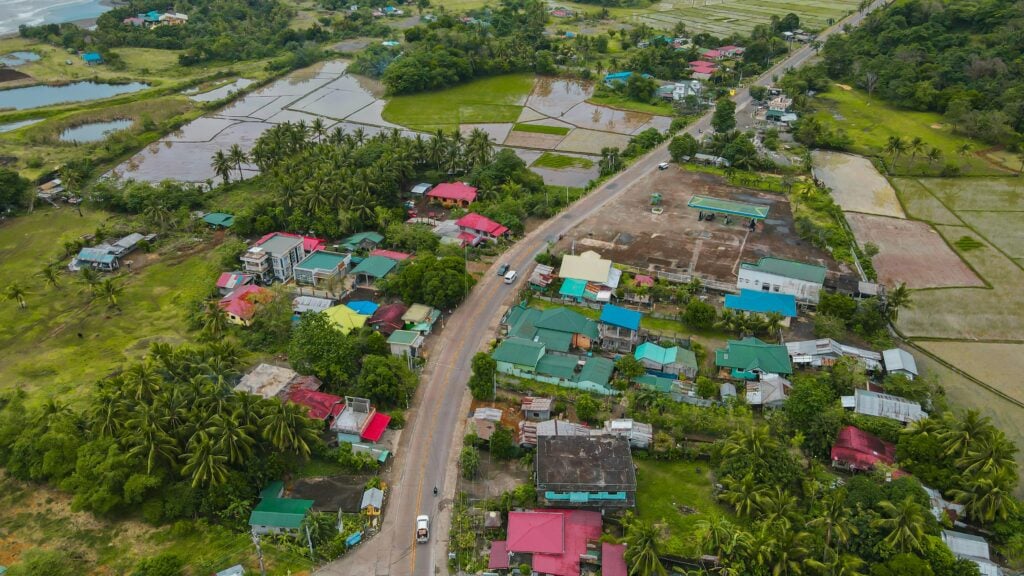Gay and bisexual teachers in rural schools need clear policies that protect LGBT educators
23 Oct 2025

This research explored the experiences of gay and bisexual teachers working in rural schools in the Philippines. It involved interviews and group discussions with 10 teachers (7 gay, 3 bisexual) to understand their daily challenges and successes in the classroom. The findings revealed both positive and challenging aspects of their work lives. On the positive side, many teachers were recognized for being dedicated, creative, and skilled educators. They often took leadership roles in school activities and received support from some school administrators and colleagues. However, they also faced significant challenges. Some experienced discrimination, including inappropriate jokes, harassment, and prejudice from colleagues, students’ parents, and community members. A few teachers chose to hide their sexual orientation out of fear of rejection or discrimination. The study found that the lack of clear school policies protecting LGBT teachers contributed to these challenges.
To cope with these situations, the teachers adopted both professional and personal strategies. Professionally, they focused on excellence in teaching and pursuing advanced degrees. Personally, they emphasized self-acceptance, resilience, and maintaining professional behavior. The researchers recommend several improvements, including strengthening training on gender awareness for all school staff, including LGBT topics in the curriculum to promote understanding, and establishing clear school policies to protect LGBT teachers from discrimination. They also suggest creating LGBT support groups within schools to provide a safe space and advocacy platform for these educators. The study highlights the importance of creating more inclusive and supportive school environments while recognizing the valuable contributions of gay and bisexual teachers to education.
This study fills an important research gap by specifically examining gay and bisexual teachers’ experiences in rural schools, an intersection that is often understudied compared to urban settings. The qualitative exploratory approach offers rich, detailed insights into lived experiences that quantitative methods may overlook. The methodology combines multiple data collection techniques (interviews, focus groups, observations), strengthening the validity of findings through triangulation.
The research identifies specific policy gaps in schools regarding LGBT issues and discrimination. It provides evidence-based recommendations for developing inclusive school policies. The findings support the need for systematic gender mainstreaming in educational institutions.
Furthermore, the study highlights the importance of professional development and training on LGBT issues for all school stakeholders. It advocates for integrating LGBT concepts into curriculum subjects, promoting a more inclusive education system.
Ultimately, the findings can inform the development of more effective support systems for LGBT educators. The research contributes to understanding and addressing discrimination in rural educational settings. It documents how gay and bisexual teachers develop professional and personal strategies to navigate challenging workplace environments. The study could help reduce stereotypes and promote greater acceptance in rural school communities.
Authors: Rick G. Añonuevo (Graduate School, Sorsogon State University), Jonalou S. Labor (Department of Communications Research, University of the Philippines Diliman), and Gerry S. Digo (Graduate School, Sorsogon State University)
Read the full paper: https://kasetsartjournal.ku.ac.th/abstractShow.aspx?param=YXJ0aWNsZUlEPTg1NDV8bWVkaWFJRD05MjQ3&from=5
Photo by Brithel James Soriano from Pexels
